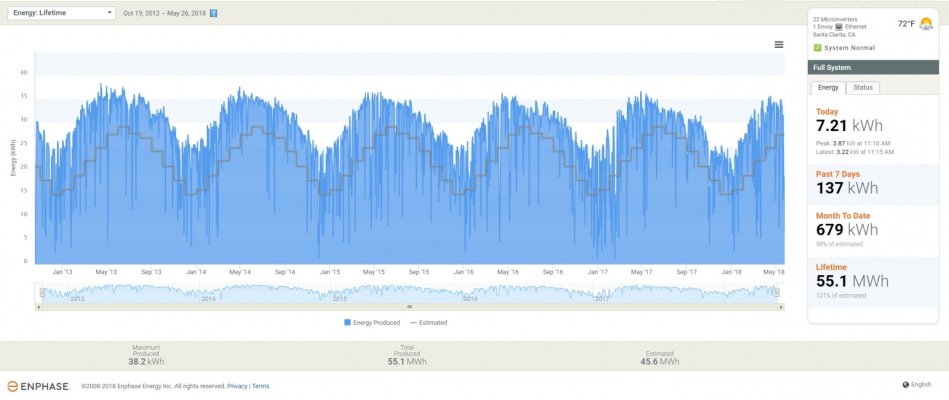Freedom56
Thinks s/he gets paid by the post
Today from Marketwatch.
https://www.marketwatch.com/Story/w...up-to-be-2018-05-15?&siteid=yhoof2&yptr=yahoo
The comments to this article from early retirees were pretty impressive.
https://www.marketwatch.com/Story/w...up-to-be-2018-05-15?&siteid=yhoof2&yptr=yahoo
The comments to this article from early retirees were pretty impressive.

